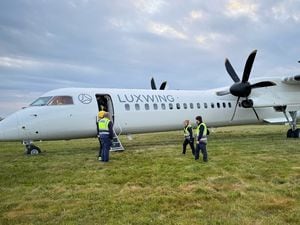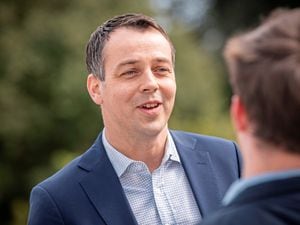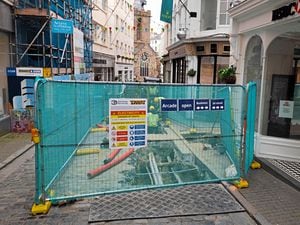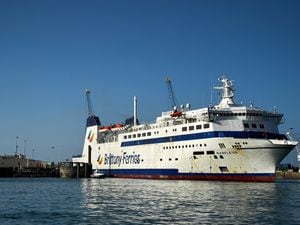HIV/Aids sufferers to benefit from unexpected Liberate gift
EXTRA SUPPORT for those living with HIV or Aids or improving awareness are two of the options an unexpected donation could be used for.
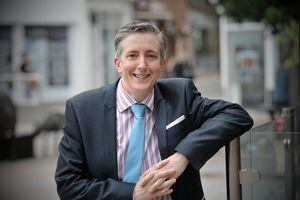
Liberate, the Channel Islands’ equality and diversity charity, was the recipient of the donation last year and has developed a confidential survey to identify how best the money could be spent.
It is asking islanders to complete the online survey. You do not need to be living with HIV or know someone who is, the charity is interested in hearing your view and experience of HIV whatever your personal situation.
The survey can be accessed from Liberate’s homepage – www.liberate.je – and is in English, Polish and Portuguese.
In Guernsey, two new people on average are diagnosed with HIV/Aids per year and there are currently 32 people living with the disease in the Bailiwick.
‘The donor was active in HIV/Aids work in the 1980s and saw first-hand how devastating the disease was at that time, so they have a historic connection to the work and wanted to support a charity who could bring the work up to date by making the donation now,’ said Vic Tanner Davy, Liberate’s CEO.
In order to find out what is being done in the UK, Liberate has visited the Terence Higgins Trust, National Aids Trust and StopAids.
‘The work that we have discussed with Terence Higgins Trust is around education about HIV to end the stigma, a programme of testing with follow-up support, campaigns around knowing your status and preventing the spread of HIV.
‘The National Aids Trust would provide advice regarding health care reform, law reform and statistics around HIV.
‘We have not accepted any particular offer of help yet as we want to find out where the work is most needed in the Channel Islands, which is why we are launching the survey.
‘The results of that and other research we are undertaking will mean we can accept the right offer of help and target the donation in the right way for the islands.
‘The UK picture is slightly different from the islands so we must be careful not to assume that we can simply replicate the work done by UK charities.
‘For example, the groups with the highest incidence of HIV in the UK are men who have sex with men, men and women from the black African community and transgender people working in sex work.
‘We are hoping that the survey will show how much people in general know about HIV, i.e. where education might be needed, how people living with HIV feel about the care they receive and where they’d like some extra support, whether people feel there is a stigma attached to being HIV positive, and where people generally would like us to target our work.
‘All individual responses to the survey are completely anonymous and confidential, so we hope that those who are living with HIV in the islands will engage with us by completing the survey,’ he said.
‘We see an average of two to three new cases of HIV in Guernsey and Alderney every year,’ said a Health & Social Care spokesman.
‘This is a combination of newly diagnosed cases and people moving to Guernsey or Alderney with a pre-existing diagnosis of an HIV infection.
‘The same number of people may leave Guernsey or Alderney on an annual basis.
‘We have a full range of HIV treatment for people living with HIV in Guernsey and Alderney.
‘Treatment outcomes for people living with HIV in Guernsey and Alderney are comparable to the best in the world and those who are diagnosed and treated promptly now have a similar life expectancy to the general population. A focus on early diagnosis is important as it allows for prompt treatment whilst also preventing transmission of HIV.’

